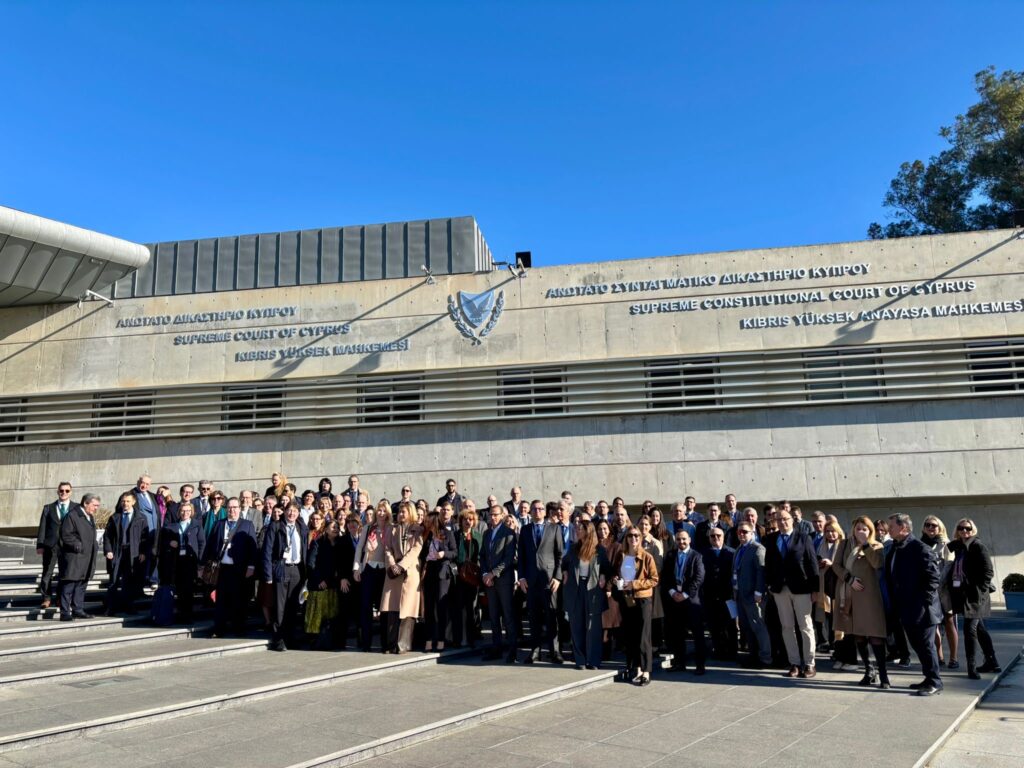Previous Article
News
Norwegian Reintegration Guarantee aims to provide ex-prisoners the right tools for resocialization
In 2005 the Norwegian government introduced a unified policy towards released prisoners called the Reintegration Guarantee. Senior Advisor Inger Marie Fridhov of the Ministry of Justice explains: “Although it is not a ‘right’ in the legal sense, the Reintegration Guarantee is a commitment of all involved Ministries to provide ex-inmates the possibilities to be a responsible citizen.” The new strategy was designed with two purposes in mind. First to reduce recidivism and second to create better conditions for the released person.

A new philosophy
In practice, the Reintegration Guarantee entails that anyone who leaves prison or probation should be able to stand on their own and helped to obtain housing, work, school, health care and things such as debt counseling. “The effort requires a new mindset from the government,” says Inger Marie Fridhov. “It takes close cooperation to reach all released persons. Plus it was always assumed that the correctional services “own” the prisoner. This is the way the correctional services thought, and this is also how other authorities have thought. The Guarantee makes this way of thinking impossible. Now all levels of government and in fact the whole society has to take responsibility for reintegration. This is a big and important step towards a situation where inmates, equally with other citizens, get what they have a right to, concerning social benefits, school, housing etc..”
Working towards a better release
The guidance of the prisoners starts before their release. “One of the guiding principles of the Guarantee,” explains Inger Marie Fridhov, “is that the release becomes predictable. The inmate knows the date and time of the release but also what is waiting for the inmate with regard to housing, work, finances, education and health. 25 especially educated “release coordinators are working in the prisons to help the guards and others involved in the release-process. They work to establish all necessary contacts with the local authorities, who are and will be, responsible for the ex-inmate from the first day after release.”
Allocate tasks to appropriate services
It has become clear that the execution of the Guarantee is not easy. Inger Marie Fridhov refers to a recent study of the Norwegian Institute for Urban and Regional Research: “Not unexpectedly, they found that potential obstacles to full implementation of the guarantee are located at the legal level, the structural and organisational level, the financial level and at the human level. The attitudes towards convicts are not always favorable either. I believe, however, that the approach of the Reintegration Guarantee in fundamentally a good one. We share and transfer the responsibility to them who really are responsible to solve the problems. And lastly -but not unimportantly- we activate and help the prisoners to be the main actor in their own release.

Related News
Keep up to date with the latest developments, stories, and updates on probation from across Europe and beyond. Find relevant news and insights shaping the field today.
Recap

Probation in Europe, Technology
CEP represented the Probation Sector at the European Judicial Training Conference on Digital Justice @2030
03/03/2026
On 26–27 February 2026, the European Commission organised the European Judicial Training Conference “Creating a Supportive Environment for Digital Justice @2030” in Nicosia, Cyprus, under the auspices of the Cypriot Presidency of the Council of the EU and in cooperation with the Cyprus Judicial Training School.
New

Uncategorized
Newsletter February 2026 out now
27/02/2026
CEP’s latest newsletter is out now! Articles on the Interactive European map of probation education and training institution contacts, Registration open for the Workshop on Caseload and Workload and 14th Conference on Electronic Monitoring and more. >> Read here
New

Probation in Europe
New Division episode: Daniel Wolter on the DBH Federal Association
23/02/2026
The 18th episode of Division_Y features Daniel Wolter, Director of the DBH Federal Association for Social Work, Criminal Law and Criminal Policy, based in Cologne, Germany.
New

Victims rights
European Day for Victims of Crime
23/02/2026
Yesterday, 22 February, marked the European Day for Victims of Crime.
At CEP, we recognise that crime causes harm to individuals and communities. Probation work focuses on accountability, rehabilitation and reducing reoffending, contributing to the prevention of further victimisation.

CEP Board
Interview with new CEP board member Jana Bewersdorff
19/02/2026
During the General Assembly in Austria, a new CEP Board got elected for the upcoming three years. In the coming weeks we will publish interviews with all newly-elected board members where they will share information on their professional background, how they would like to contribute, what challenges lie ahead and many more.
Enjoy reading!
Recap

Research
Recap: Expert group on Research
18/02/2026
The Expert Group on Research met on 17 February at the CEP office in Utrecht, The Netherlands, for its annual face‑to‑face meeting.
Subscribe to our bi-monthly email newsletter!
"*" indicates required fields
- Keep up to date with important probation developments and insights.

